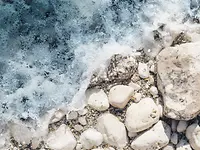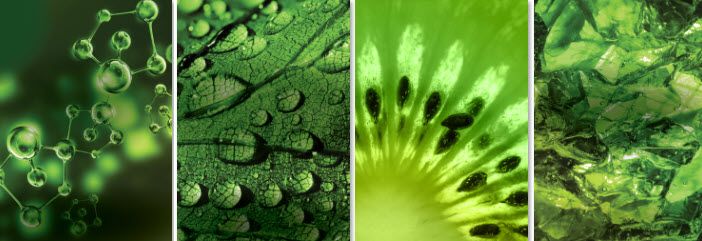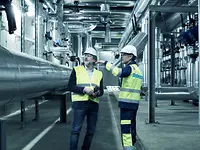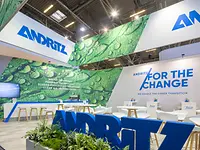Results:
Stackable tailings, optimized operation, lower OPEX and less water consumption
Thanks to the full support of a multi-disciplinary team on site for supervision, and the supply in form of modular kits, the third unit was assembled within a record time of just 21 days. The filter presses are now consistently achieving a moisture content of around 17%, the performance tests produced a cake density of 2.5 t/m3 and delivered final performance that was 34% higher than expected. With three of the four presses already in operation, performance has been very satisfactory, aided by the reliable Metris addIQ Prime control system.
Dry stacking of tailings through smart technology reduces the risks to everyone involved – the environment, the community, and the operator’s employees. In the past, the OPEX of filter presses was considered higher than that of maintaining tailings dams. But the value is incalculable and incomparable when it comes to an extreme case caused by the rupture of a dam. With regard to the controls and associated risks, the safe stacks of dry tailings are an advantage over the dams. Another advantage in dewatering the tailings is the reuse of water in the production process itself, reducing the need for fresh water from springs, lagoons and wells. The recovery of clean water from the filtration process is currently estimated at approximately 80%, avoiding plant outages during the dry season. With the ANDRITZ solution, an average of 8,800 m3 of water is recovered per day at the plant.









